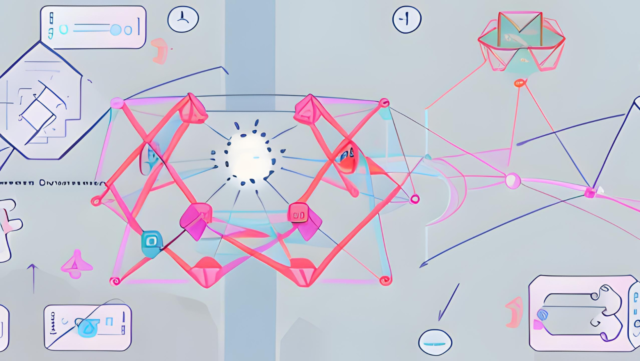As a small business owner in a highly competitive industry, I was constantly searching for ways to improve my marketing efforts and reach my target audience more effectively while staying within my budget. Turning to ChatGPT to create my own AI marketing team was a game-changer. The initial team consists of three AI Marketing personas, each with their own unique perspective and traits. Together, the team approaches our audience from different angles, thus providing a well-rounded and comprehensive view.
Each AI Marketing persona was programmed with specific personalities and characteristics to provide diverse and interesting editorial content. The first persona was designed to be empathetic, with the ability to understand the emotions and motivations of customers. The second persona was programmed to be witty, adding humor to marketing messages. The third persona was analytical and data-driven, providing insights into customer behavior and technical analyses. In addition to their marketing roles, these AI Marketing personas acted as a research team, identifying emerging trends and providing recommendations on how to better engage my target audience.
While these AI Marketing personas are still learning and require development, they have already proven to be a valuable asset to my business. By leveraging ChatGPT’s advanced language processing capabilities and programming the personas with different characteristics, I am confident that I can continue to optimize my marketing efforts and drive long-term success. Their ability to generate personalized and empathetic responses has resulted in a significant increase in email open rates, social media engagement rates, and website traffic, which has helped me build a library of content and improve my social media presence. With the AI marketing team, I can now stay ahead of the competition while staying within my budget.
To implement an AI marketing solution similar to the one described above, the following technical implementation steps are recommended:
- Identify the marketing goals and target audience: The first step is to identify the marketing goals and target audience. This will help determine what kind of data needs to be analyzed and what kind of messaging will be required.
- Collect and clean data: Collect and clean customer data from various sources such as website analytics, CRM systems, and social media platforms. This data will be used to train the AI model.
- Choose an AI platform: Choose an AI platform that has advanced natural language processing capabilities and can integrate with your existing marketing tools.
- Train the AI model: Train the AI model by inputting the collected and cleaned data. The model should be programmed with different characteristics and perspectives to provide a well-rounded view of the target audience.
- Program the AI Marketing personas: Program the AI Marketing personas with specific personalities and characteristics to provide unique and interesting editorial content. This may require a team of AI developers and marketing experts.
- Test and refine the AI Marketing personas: Test and refine the AI Marketing personas to ensure that they are generating personalized and empathetic responses that resonate with the target audience.
- Implement the AI Marketing personas: Implement the AI Marketing personas across different marketing channels, such as email marketing, social media marketing, and website content.
- Monitor and evaluate performance: Monitor and evaluate the performance of the AI Marketing personas using metrics such as email open rates, social media engagement rates, and website traffic. Use this data to refine and improve the personas.
The estimated resources required for implementing an AI marketing solution like this will depend on the complexity of the project and the size of the business. Generally, a team of AI developers, marketing experts, and project managers will be required. The cost of AI platforms will also vary depending on the chosen provider and the number of personas being programmed.
The timing required for implementing an AI marketing solution will also depend on the complexity of the project and the number of personas being programmed. Generally, this process can take from weeks up to several months to complete. However, the benefits of having a well-trained and optimized AI marketing team can lead to significant long-term success for a business.



